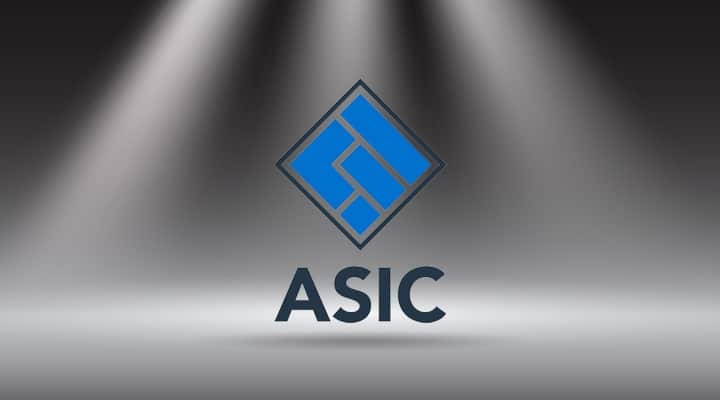The Australian Securities and Exchange Commission (ASIC ) informed on Monday that the Australian Stock Exchange (ASX) opened the second round of public consultations regarding market resilience in response to its 'market outage' report published in November 2021.
Applications will be accepted until December 2022. Meanwhile, the third and final round of consultations has been scheduled for early next year. As part of the current round, the regulator and the exchange operator want to explore ways to make the market safer and more resilient to potential failures or outages.
"ASIC continues to engage with market operators and participants as they implement steps to meet our expectations to improve the resilience of the Australian equity market during trading outages. This includes facilitating trading on alternative markets in such situations," Danielle Press, the Commissioner at ASIC, commented.
A survey of publicly listed companies, which account for 90% of the total capital market turnover, showed that they largely meet the expectations set by ASIC.
Australia Is Making Important Changes to Its Financial Market
In addition to the public consultation on improving market resilience, the Australian financial industry is undergoing several other significant changes. These include a technological update to the Cboe, replacing the current CHESS settlement system and implementing new market integrity rules. The latter is set to take effect on March 10, 2023, and ASX wants to replace the current system with a blockchain-based one.
"These are important steps to develop new, improved responses to any future market outages, and ASIC urges all market operators and stakeholders to participate in this process. ASIC will continue to monitor progress by market operators and participants against its expectations," the Press said.
Last week, ASIC reported that the Federal Court had fined Australian Investment Exchange Limited (AUSIEX) and Commonwealth Securities Limited (CommSec). The combined penalty exceeded $27 million and, according to a published statement, which was the highest in the regulator's history to date regarding similar offences.


















